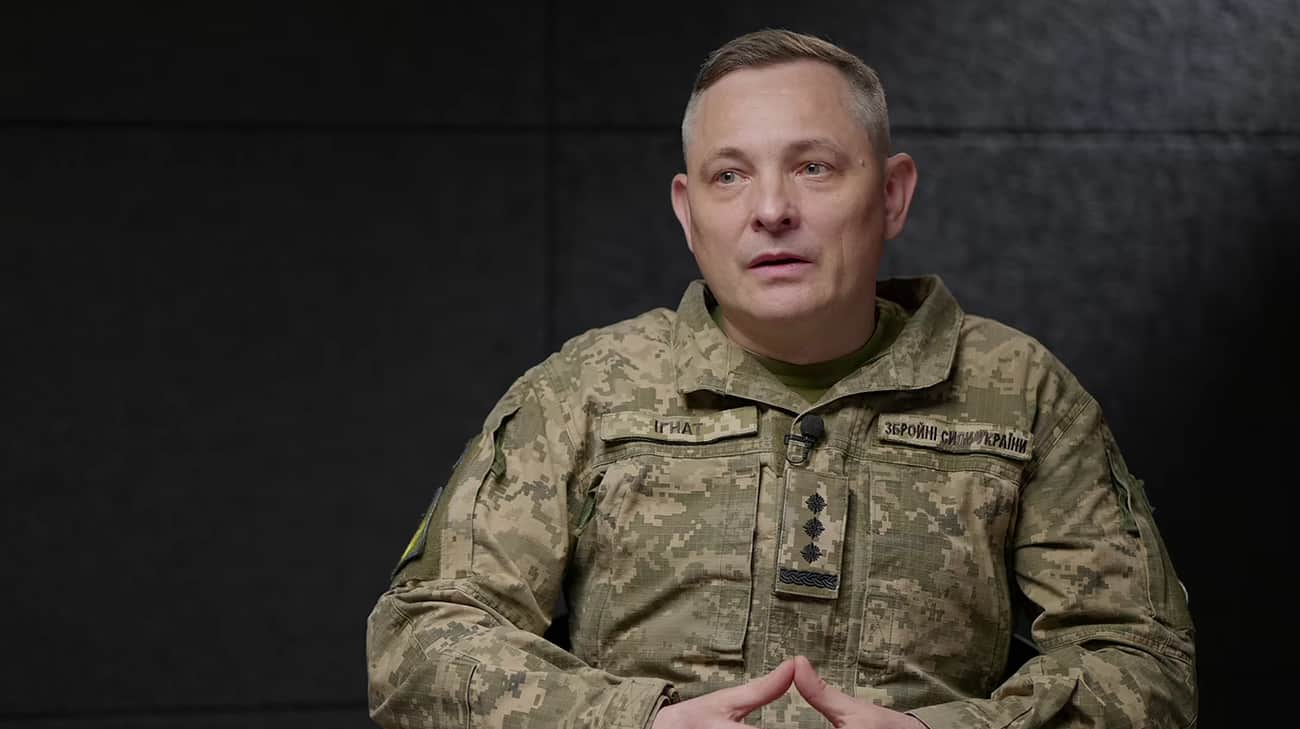The world as we knew it has changed, no one wins from the trade war

By: Keir Starmer, Prime Minister of the United Kingdom / The Daily Telegraph
Initially it was national defense and security. Now is the global economy and trade. Old assumptions can no longer be taken for granted. The world we once knew no longer exists. We need to rise and respond to the challenge of this time.
We are prepared for what comes next. The new world is less guided by the rules set forth and more by agreements and alliances. It requires the best British virtues – tranquility, pragmatism and a clear understanding of our national interest.
See how we reacted to Russian aggression in Ukraine. We have been steadfast in our support for Ukraine. We have gathered world leaders and worked with our international allies. And, we have increased the costs of protection – the greatest sustainable growth since the Cold War – not just for the sustainable peace of Ukraine, but because this is essential to the security of the United Kingdom. This investment will also bring about a « protection benefit » with more jobs and better salaries.
We know this approach works.
That is why, in terms of tariffs, the immediate priority is to maintain calm and fight for the best agreement. No one wins from the trade war. The economic consequences, both here and around the world, can be deep. We already have a balanced trade relationship with our US allies and work continues for a new agreement on economic prosperity.
However, all options remain on the table.
I will only sign an agreement if it is right for British businesses and for the safety of the people working. And, I will continue to defend the free and open trade, because if we now turn our back on it, this would be a serious mistake.
After all, this is our heritage as an island nation. From car manufacturers to West Midlends to Western island manufacturers, free trade is a force that inspires British export businesses. This government will be their voice on the international stage.
This also implies strengthening our alliances and reducing trade barriers with other economies around the world. Smart diplomacy brings a stronger, more diverse and safer economy here in our country. As we have done in the field of protection and security, we must rise to the challenge level for both trade and economy.
But we have to go even further. This week we will accelerate plans that will improve our internal competition so that we are no longer so exposed to such global shocks. We are building sustainability, making Britain a mosaic of flowering economies, using local skills, talents and opportunities. Creating wealth in every corner and offering security for everyone – everywhere. National reconstruction will require the skills and talents of each of us.
We are ready to use industrial policy to help the British business in dealing with the storm. Some people may be embarrassed about this – the idea that the state must intervene directly to shape the market is often ridiculed. But, we just can’t stay stuck in old feelings when the world is changing so fast.
The refusal to accept a changing world is at the heart of Britain’s fall over the past decades. For a long time, our main institutions have only tried to manage crises. The approach has been to get through as best as we can, rather than dealing with the essential cause.
It is the workers who have been hit most. Nurses, builders, guardians – people who work more and more, but with less money in their pocket. People are satiated with insecurity in their lives and in their communities. In this new era of global instability, people look at the future with fear.
But the return of quiet and sustainable leadership – what Britain is known worldwide – has always been at the core of my political project. I promised this in my first speech as prime minister. And, I was clear – sustainability can only come through security for workers and through the National Renaissance.
At home and abroad, this is what leads every action of our government. Is listed throughout my plan for change. Put more money in the workers’ pockets, through higher salaries.
To ensure that wealth is created in every community. Return public services to the proper situation. To ensure our energy independence through pure British energy.
To make the workplace more worthy, through the strongest employment rights. To support young people who want to work, instead of always relying on the easy resolution of labor from the outside. To remove the state bureaucracy that prevents us from building the houses and infrastructure of the future. To protect national security with the greatest investment in defense since the end of the Cold War.
This week, the government will take any action needed to protect Britain’s national interest. Because, when the sand of the global economy is in motion, our unwavering focus, to serve Britain, will not change. These new times require a new mentality. We have moved farther and faster in national security, so we now have to do the same for economic security through stronger alliances and by reducing trade barriers.
Workers need a new security foundation in order to have the freedom to live their lives. This is the national interest and priority of this government. Power abroad. Safety domestically.
Translation: Telegrafi.com




